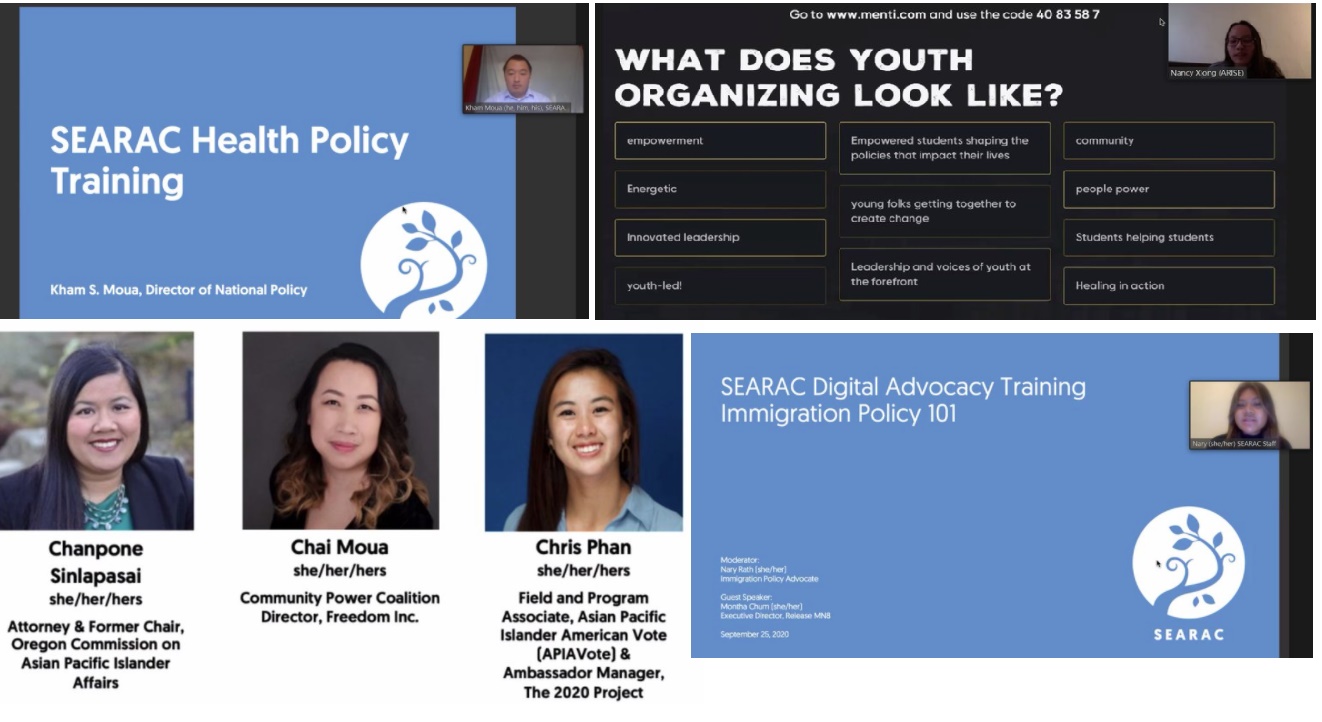February 10, 2021 IN: Our Voices, Staff Blog
Self-Determination in Action
by Katrina Dizon Mariategue
Ringing in the new year and saying goodbye to 2020 was liberating. After a year of unprecedented trauma and devastation, I felt hopeful for the first time in months. After a quiet home-cooked meal, my family and I turned on an early New Year’s countdown at 9:30pm so my four-year old could toast with us and sip on some apple cider before her bedtime. I was asleep by 10:30 and feeling excited to start 2021 with a new Administration and (coincidentally) my birthday just around the corner on January 6.
Then little by little, a sense of deja-vu to the past year settled over me as my birthday came and coincided with the attack on the US Capitol. It took a while to process. In the middle of my day off, birthday greetings from around the globe, a heavenly nap, a backyard visit from a friend, and dinner at home with my family, I learned bits and pieces of the news throughout the day. When I finally caught up on the news, I was reminded that a new year and a new Administration does not magically signify change. When I checked in with the SEARAC team the following week, I was inspired by some of their similar reflections. It was also a reminder of how the past year has made us all a little stronger, more resilient, and more ready to fight for the change our families need and our communities deserve – the epitome of self-determination in action.

A collage of images from our Digital Advocacy Training 2020 — just one example of the ways that the SEARAC team pivoted and innovated during COVID-19.
This year, SEARAC is looking forward to welcoming back our Executive Director after a period of leave, onboarding new board members, and getting our strategic planning process started with input from our community and partners. For our policy and field work, we are excited to plan for our first ever virtual Equity Summit, our second Digital Advocacy Training program, and pushing on our key policy priorities around federal data disaggregation, ending mandatory detention and deportation, and increasing access to culturally and linguistically responsive health and mental health services, especially during COVID-19. Additionally, we look forward to building partnerships around the country to help inform our advocacy and resource development. We are committed to uplifting the stories of families directly impacted by decisions made out of the California State Capitol and Washington, DC.
It’s been quite a while since I’ve felt hopeful doing this work but within the first two months of the new Administration, I feel encouraged by seeing the swift action taken to undo the harms of the past four years. The work is just beginning but I feel confident and inspired. I can’t wait to see what the next ten months will bring for our country and our communities.





